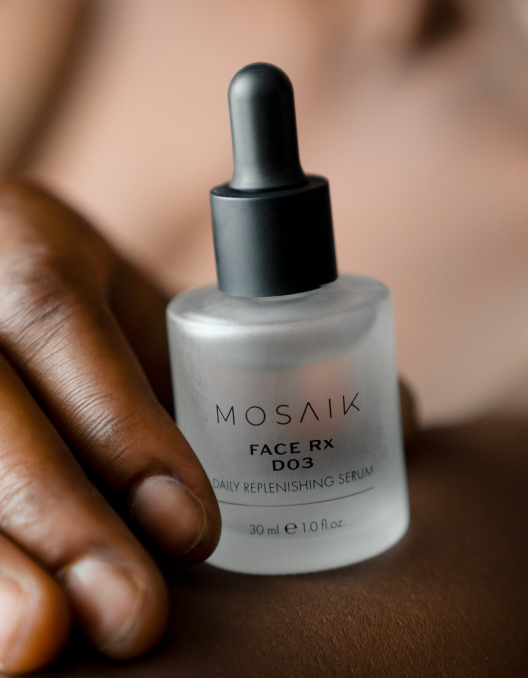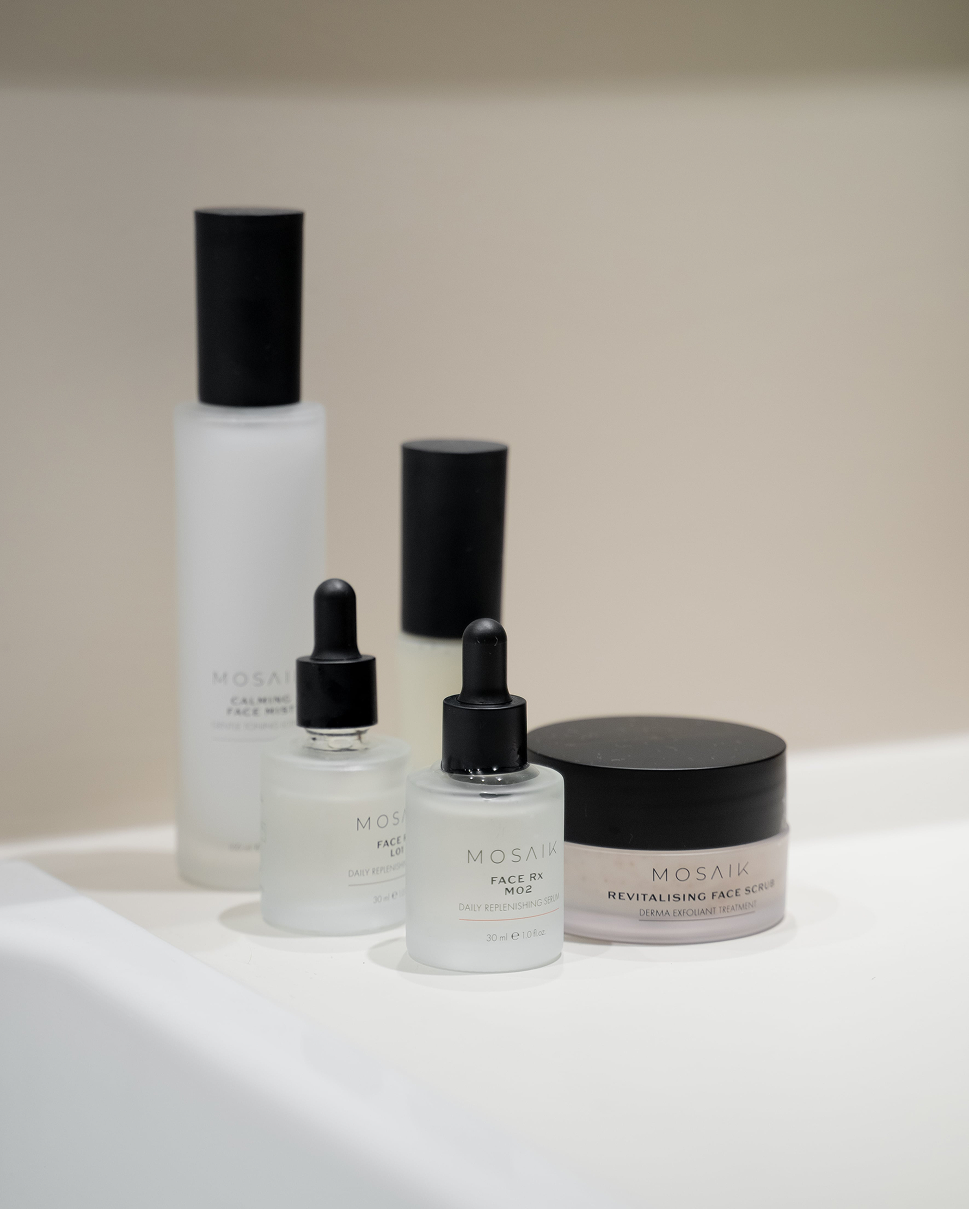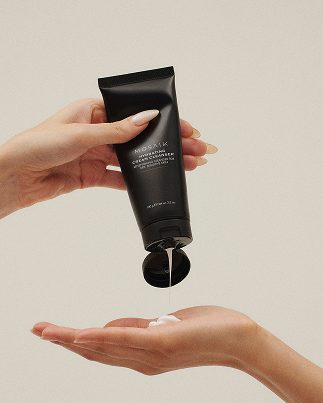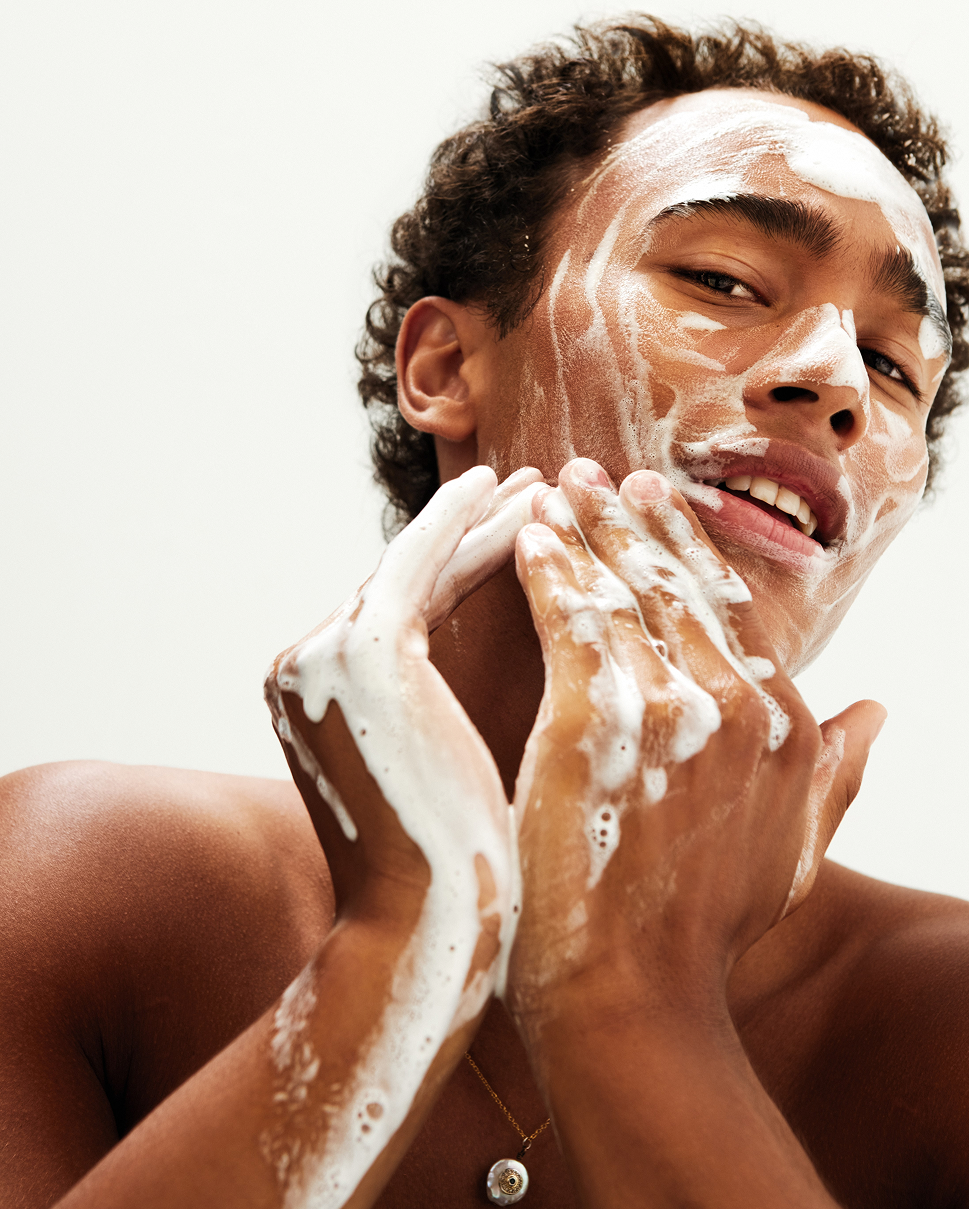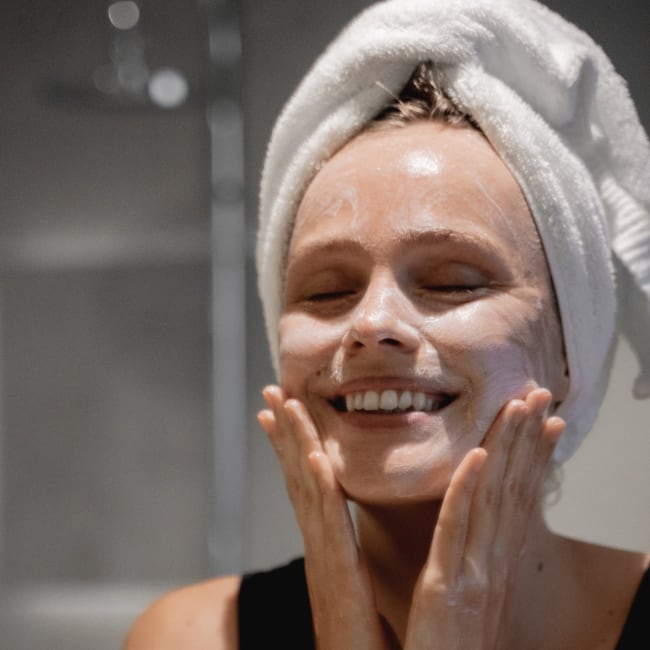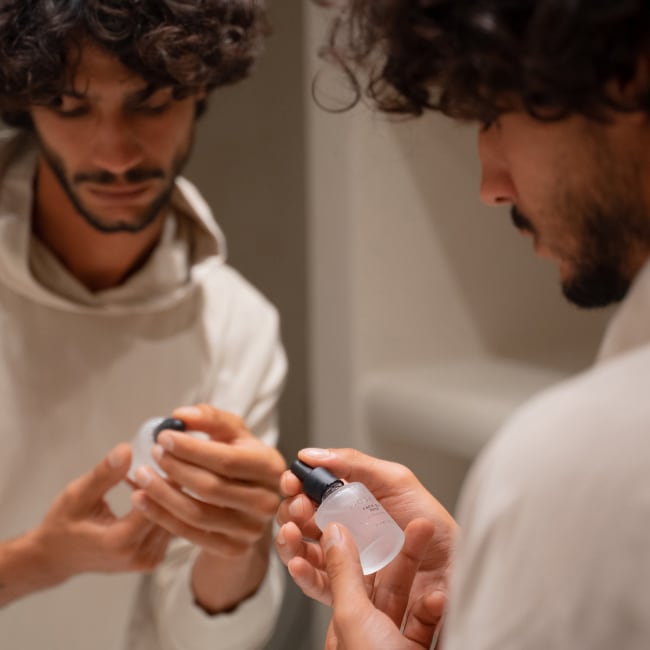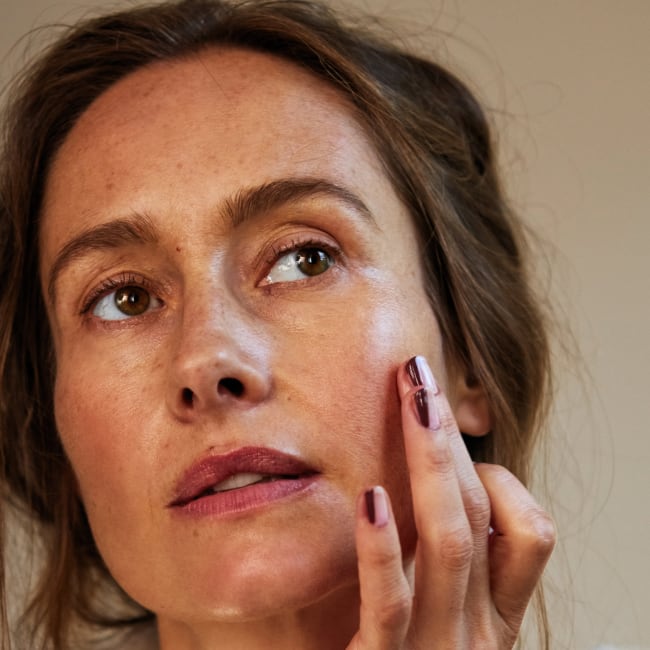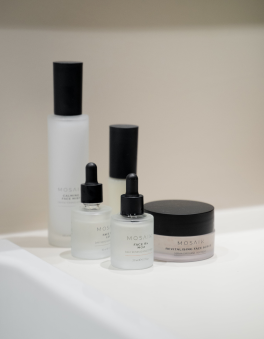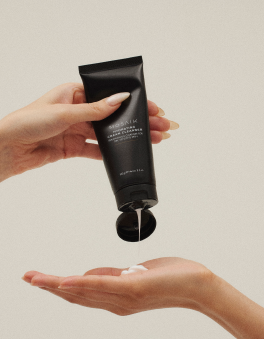It’s that time of year again, we’re all a little stressed and it’s starting to show up on our skin. Stress comes in a number of different forms - physical, environmental, emotional and/or psychological - all of which can have an impact on our skin.
We know our mental health influences our complexion, but in order to understand how to get around or treat it, it's important to grasp the link between our skin and stress. Stress releases hormones in our system, such as cortisol, the chemical known to stimulate physiological responses in our bodies. An unexpected and excessive release of cortisol, due to stress, will disrupt other hormones, triggering an increase in sebum production, and consequently lead to sudden breakouts. While a good night’s sleep may be the cure for everyday stressors at work, the ongoing events of the past - almost 2 years, have disrupted life in more ways than one. With no discernible end to the pandemic in sight, it can seem essentially unattainable to cut stress out of our lives completely.
As the largest organ of the body, skin plays important barrier and immune functions, maintaining homeostasis between the external environment and internal tissues. Stress manifests on skin through the hypothalamic-pituitary-adrenal (HPA) axis, which spurs on a cascade of hormonal and immune responses in the body. This can cause a variety of reactions on your skin including the following:
Acne: An unanticipated spike in cortisol can also disrupt other hormones, causing an increase in sebum production, which may lead to breakouts. Not only this, but stress can interrupt the delicate balance between good and bad bacteria in the gut, thereby contributing to acne flare-ups.
Premature ageing: Stress can negatively impact the skin’s barrier function, which can contribute to trans-epidermal water loss, and the breakdown of collagen tissue, which consequently accelerates skin ageing.
Redness: A compromised immune system when facing stress is to blame for inflammation in both the skin and the body, exacerbating certain skin conditions like psoriasis, eczema, and atopic dermatitis. Nervous tendencies to pick, scratch or itch irritated skin when stressed only serves to further aggravate it, so try to find an alternative form of stress relief.
Dark circles: Due to sleep disturbances or insomnia, fluid can collect in the under-eye area, increasing the appearance of dark circles. This is not helped by gravity when you climb out of bed, which can further worsen its effects.
Anti-Stress Skincare - What Is It?
Anti-stress skincare targets inflammation caused by stress and repairs impaired skin barrier function. Most often this will include skincare products that are formulated with active ingredients, helping to counter the negative impacts of both stress and environmental stressors. Antioxidants, vitamins, peptides, and other potent natural extracts often help to counteract different stresses of the skin.
But first, take note! What’s important is to listen to your skin. If your skin has been feeling fatigued and easily irritated, ask yourself what does your skin really need right now? Is it hydration? Or a deep cleanse and oil control? Or is it an anti-ageing boost? Then, adapt your products accordingly. Remember, a healthy diet and good supplements (recommended by your healthcare physician) are also key! Vitamins A, C, E and B are good for the skin, foods enriched with these vitamins should be incorporated into the daily diet.
While it isn’t possible to dial back stress entirely from our lives, everyday measures can help to balance its impact on your mind, as well as the skin. Stick to a regular routine of diet and sleep at fixed times. Plan exercise routines that can be done daily in the schedule - yoga and meditation are great stress busters as they reduce cortisol and inflammation.
To put an end to skin conditions caused by stress, the first thing you need to do is have some useful tools to manage the stress, you may want to try these four simple tips:
Build Up Your Defences
Aim for mild products with restorative ingredients such as antioxidants, vitamins, ceramides, amino acids and moisturisers. Use a gentle cleanser and follow up with a serum and cream that are suitable for your skin type and skin condition. Less is more in this case, so as not to trigger any imbalances in the skin.
Immerse Yourself in Scents
Some scents can help us to wind down! Classical aromatherapy, meaning essential oils such as Lavender, Chamomile and Bergamot have been used for thousands of years to instil calmness and provide a sense of wellbeing. If you have trouble winding down in the evening, have a bath containing mineral salts and herbs, followed by massaging in a nourishing oil or lotion containing Lavender. Finish up by spraying a small amount of a calming room mist in the bedroom and on your pillow.
Relax With A Mask
A surefire way to relieve the stresses of the day is to take 15 minutes on the sofa with some relaxing music and a caring face mask. Don’t forget to put your phone on silent too!
Beneficial Treatments
Your skin may require a little help to restore its balance after going through a stressful period in your life. Aim for a boosting treatment containing moisturisers and important oils that are rich in omega fatty acids, in order to build up the skin's protective barrier and win back any loss in radiance and firmness.

